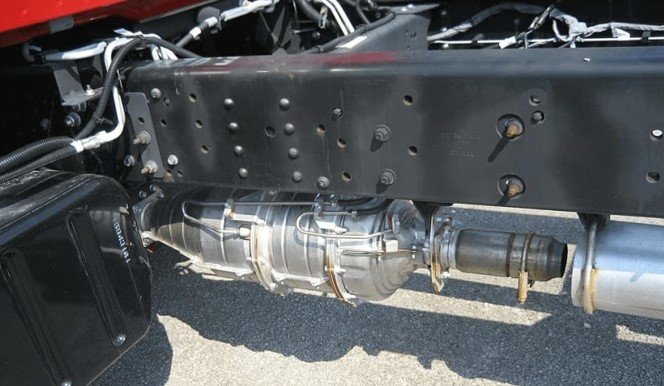Carshare Services Disrupting Automotive Aftermarket
As consumers reverted to travel behaviors that were being disrupted for the duration of the height of the pandemic, numerous ended up shocked by large auto rental service fees that surged owing to minimal stock on heaps. During the exact period, excellent of services declined as automobile rental companies struggled to fill positions in a tight labor market place. It is in this context that carshare providers like Turo, Getaround, Gig Automobile Share and Zipcar merged as increasingly attractive possibilities to common motor vehicle rental offerings.
Beyond giving conventional rental heavyweights this sort of as Hertz and Avis a run for their dollars, the rise of carshare services has further complicated the economics of the utilized-car or truck sector. It is an situation that will only get much more acute as inflation rises and the company landscape deteriorates.
Discretionary Spend vs. Small business Expenditure
The carshare phenomenon is shifting the money marriage owners have with their automobiles. For all those who aggressively make their autos offered for provider, the carshare marketplace is reworking an if not depreciating asset into a income-building expense. And, unlike the ridesharing industry, the carshare aspect hustle does not appreciably interrupt consumers’ working day careers.
In this perception, the carshare business enterprise product has far more in widespread with Airbnb and VRBO than with common Uber and Lyft products and services – while it really should be observed the latter two are dipping their toes into the carshare current market.
As a outcome, the carshare phenomenon is altering how monetary chance and tolerance for personal debt is calculated. The increasing carshare industry is prompting some consumers to develop their individual mini-fleets. For some others, the potential to offset insurance plan and vehicle payments by placing a car into provider is prompting thought for a lot more high-priced buys. This is growing demand for new and used motor vehicles although at the same time tightening offer.
It has not been great information for the classic car rental industry. Most recognized rental companies sharply minimized the dimensions of their fleets to deal with the dramatic early consequences of the pandemic. Choices then disrupted, and in fact broke, common car rental companies’ longstanding interactions with companies and area dealerships.
As need returned by 2021 – together with interest in domestic travel – the business has struggled to replenish stock because of to ongoing production worries triggered by source chain disruptions and intense competition for new and employed automobiles.
Nevertheless, context is critical. While the carshare industry is developing, it has not accomplished scale. The existing quantity of motor vehicles in the all round carshare services fleet stays minimal, at about 161,000 autos. The buyer foundation, however, is sizeable, with extra than 1.3 million active end users.
New Job for Dealerships to Assist Carshare House owners
In the meantime, another disruptive dynamic is unfolding. There is growing evidence that the rising community of carshare homeowners is being identified as a unique marketplace option for support section operations at dealerships.
As opposed to classic car or truck-rental corporations, most carshare operators absence the methods and infrastructure to preserve their motor vehicles in good doing work purchase through their in-assistance lifecycle. Revolutionary dealerships are creating interactions with mini-fleet house owners whose autos demand extra routine maintenance and maintenance compared to standard vehicle owners.
By creating these interactions, dealerships not only are tapping into new profitable profits streams but also are producing new pipelines to tackle their possess inventory needs as vehicles and trucks occur out of carshare services.
Wild Card: A Return to Rational Rental Service fees
To be sure, the typical car rental sector will not go quietly into the evening. Organizations in the section currently are altering their pricing tactics to be certain they remain a lively participant, especially for business enterprise vacationers. From an operational viewpoint, the rental firms also are producing development in doing the job with the human resources that are obtainable to make improvements to purchaser company and make sure that the proper stock is in place to satisfy unfolding demand.
 That reported, the carshare genie is out of the bottle. Despite the marketplace looking at a slight reduction in carshare inventory (on providers such as Turo), there appears to be no reduction in stop-consumer demand from customers. As more people grow to be informed of the carshare idea – primarily between vacationers – it looks very clear that carshare operators are firmly in the blend of location transportation choices.
That reported, the carshare genie is out of the bottle. Despite the marketplace looking at a slight reduction in carshare inventory (on providers such as Turo), there appears to be no reduction in stop-consumer demand from customers. As more people grow to be informed of the carshare idea – primarily between vacationers – it looks very clear that carshare operators are firmly in the blend of location transportation choices.
David Paris (pictured, remaining) is director of market intelligence at J.D. Energy Valuation Companies.





